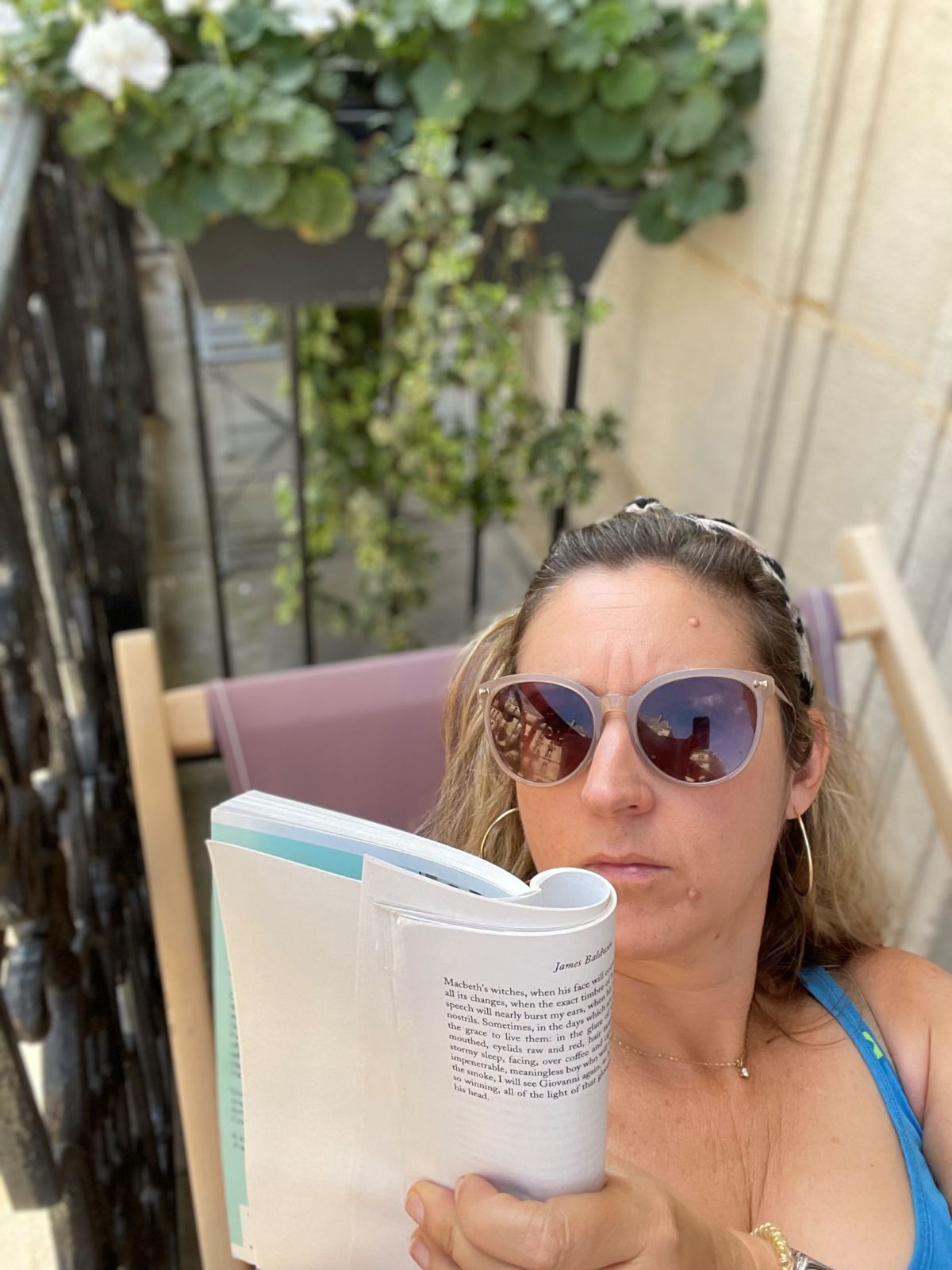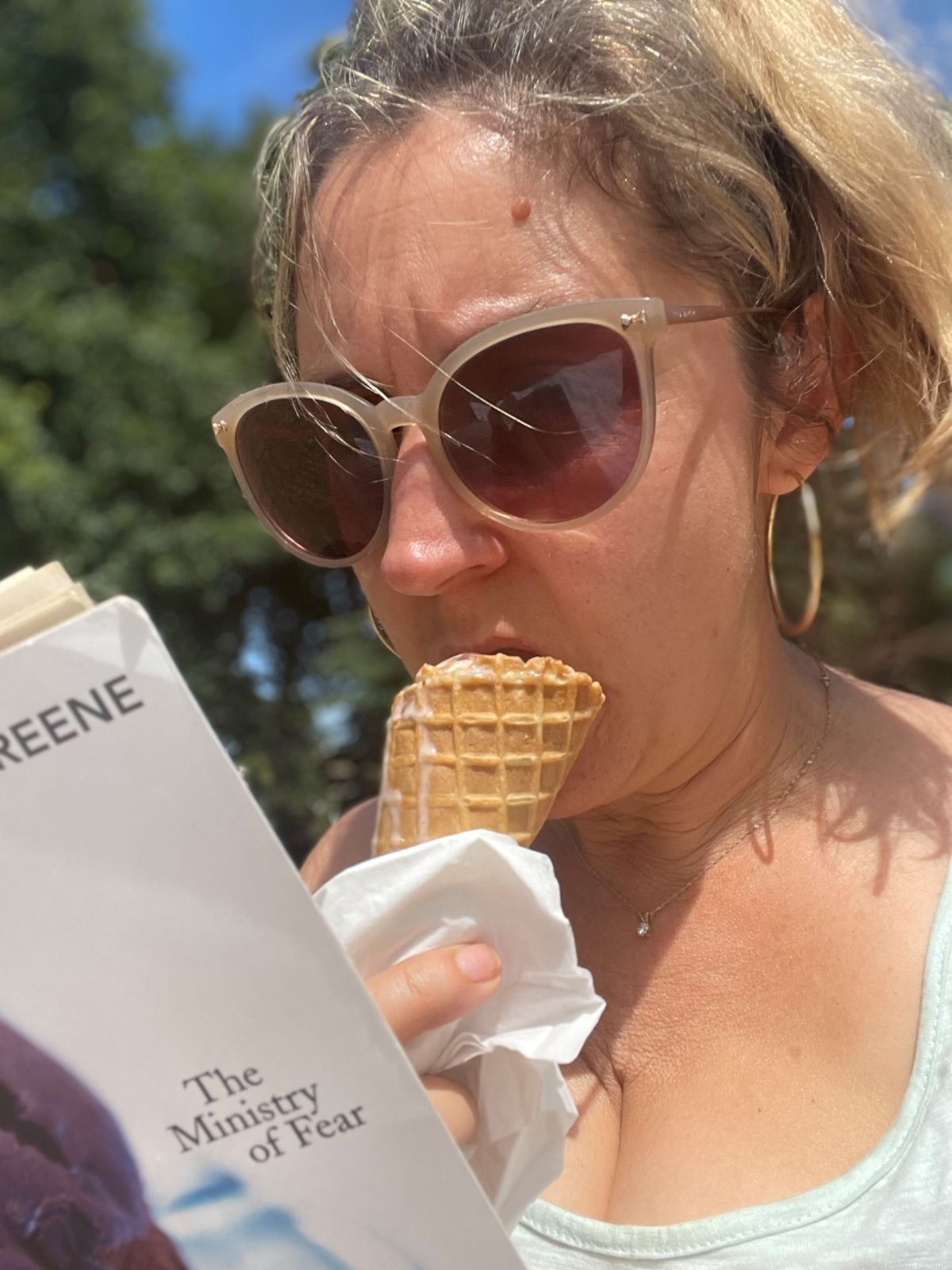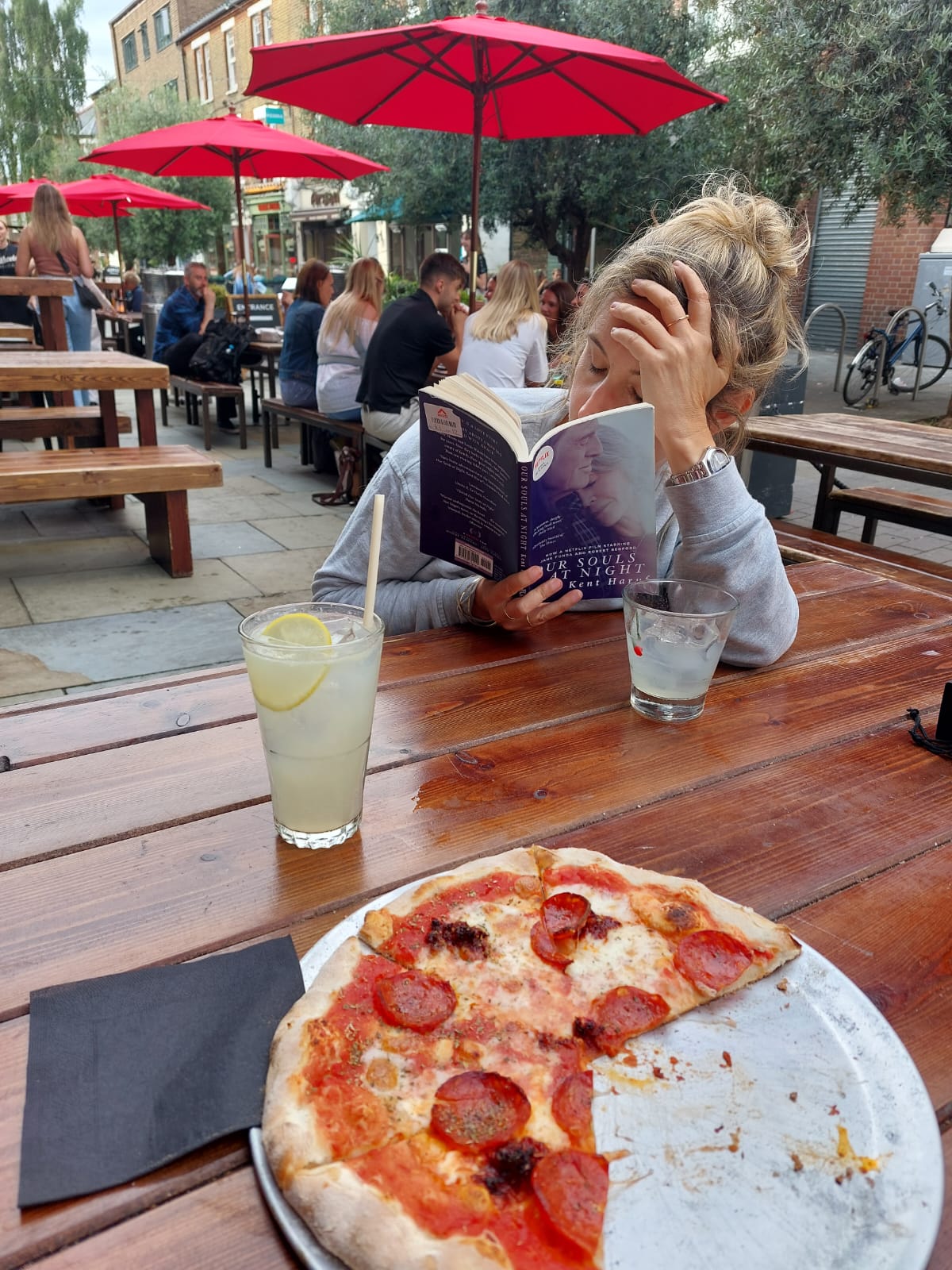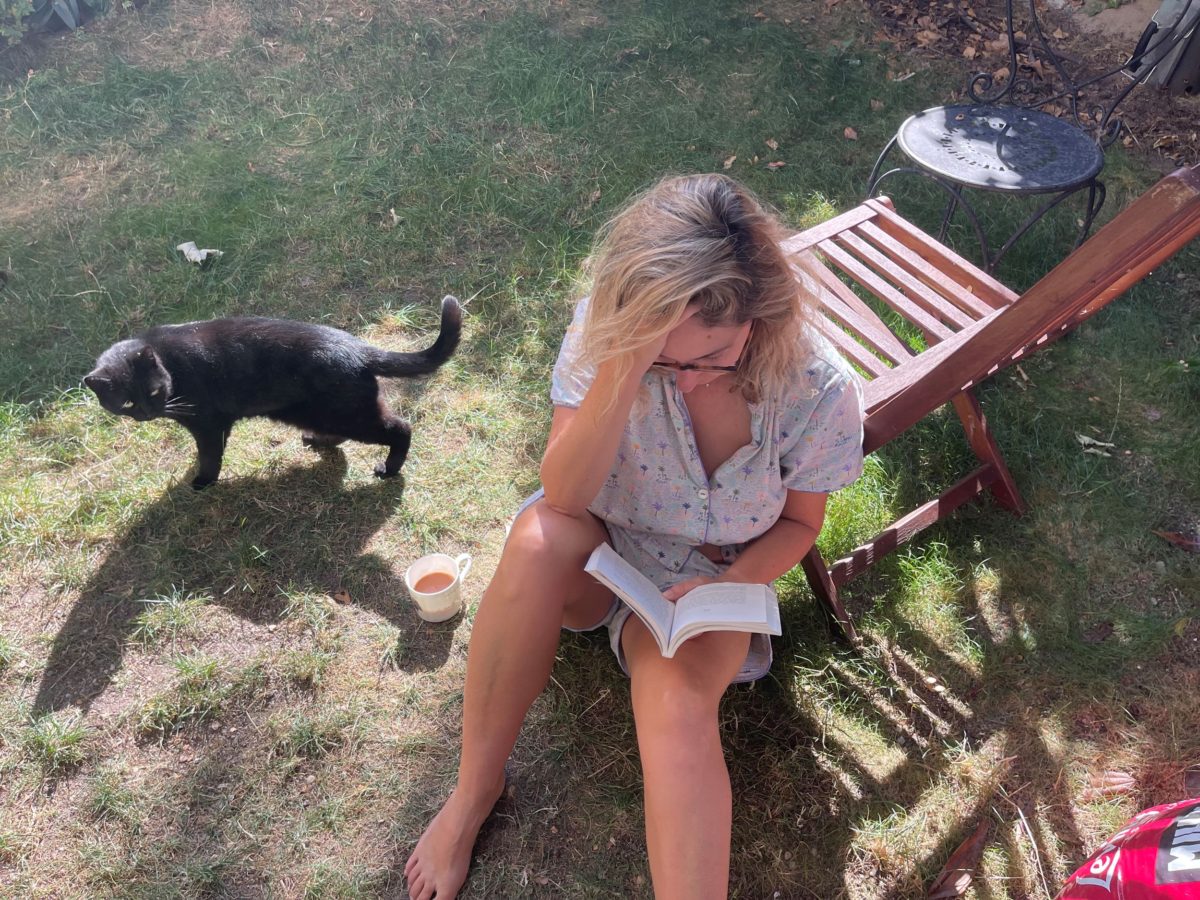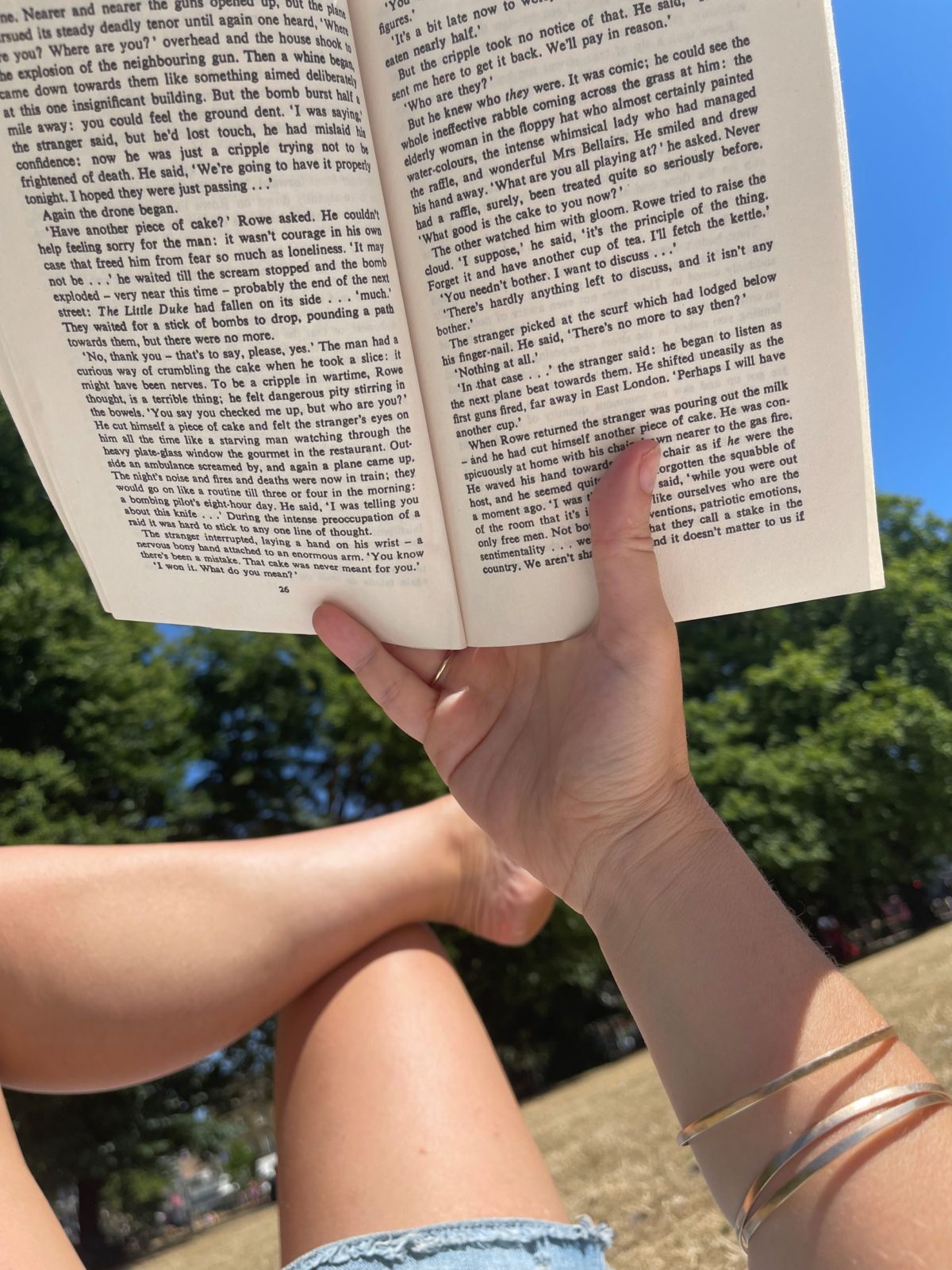Surprisingly feminist set of short stories, written in the 1930s. Not so fun as I thought they would be. I thought Parker was supposed to be a comic author but in fact these are acidic and rather sad, and deal with difficult subjects (like really difficult, like backstreet abortions), almost as if being female in the 1930s was not always all that easy.
Category: fiction
GIOVANNI’S ROOM by James Baldwin
Here is a completely searing 149 pages about the consequences of cowardice. A young American man meets a young American woman in Paris. He then meets an Italian waiter who he greatly, greatly prefers. It is the 1940s and he has spent many years trying to convince himself he is straight. Then he meets the waiter, Giovanni, and that’s all over: they move in together the first night. The agonizing that ensues is just horrifying. Baldwin is an AMAZING WRITER. Lets enjoy this conversation with his father, after a car accident:
“You’re going to be on your back for awhile but when you come home, while you’re lying around the house, we’ll talk, huh? And try to figure out what the hell we’re going to do with you when you get on your feet, OK?”
“OK,” I said.
For I understood, at the bottom of my heart, that we had never talked, that now we never would. I understood that he must never know this.
Eventually the American beaks the waiter’s heart, and his own, by deciding he can’t face what constituted gay life at that time. It was sad, but then try this, his last big speech to the waiter:
What kind of life can two men have together, anyway? All this love you talk about – isn’t it just that you want to be made to feel strong? You want to go out and be the labourer and bring home the money and you want me to stay here and wash the dishes and cook the food and clean this miserable little closet of a room . . and be your little girl. That’s what you want. That’s what you mean that’s all you mean when you say you love me. You say I want to kill you. What do you think you’ve been doing to me?
It’s interesting how clearly men knew how really bad patriachy was. This was a huge personal cost to the man, but he was willing to do it: anything, anything, rather than be female. I get it.
ACTS OF INFIDELITY by Lena Andersson
ACTS OF INFIDELITY is the sequel to the wonderful WILFUL DISREGARD, and the central character, Esther, is once again in love. It’s totally scarring. As the author says:
What has happened will happen again sooner or later, somewhere, sometime. And it’s likely that it will happen again to the same person because people have their patterns.
Esther is once again in love with an unavailable man, who acts as if he might be available. Putting it like this, you feel like you wouldn’t have sympathy with her, but you totally do. She tries so hard not to make the same mistakes as last time, but she does.
Friends always told Esther that men don’t leave their wives, but things had to change for her at some point. No two people were identical. If she kept trying, one fine day the course of events would align with her view of how the world should be.
Esther is a serious person, not a pathetic teenager, despite the fact that she acts a bit like a pathetic teenager. Please enjoy this sample of her misery, where she is thinking of giving up on a book she is writing
The world had enough books already and even if excess was a prerequesite for exceptional specimens she didn’t have to contribute to the rubbish so that the flowers of others could grow on the dump. She pushed through and stayed her course a little longer. Nothing ever got done if you thought it was meaningless. In order to have the energy to care about life itself, you had to exaggerate its importance.. . . When no reply came, she fell into a torture chamber. From down there, she called Olaf and asked how he was doing.
“Fine thanks. Just great. The birds are chirping, it’s spring”
THE CHRYSALIDS by John Wyndham
In this novel of the far future, a small rural community has made a religion out of ensuring that all human beings are recognizably human. This means some tough decisions about newborns with too many toes. That’s right, it’s the post-nuclear future!
I read this first as a teenager, and I note I feel much less worried now than I did then about the nuclear apocalypse. Largely because I am pretty sure we will get to a climate apocalypse long before a nuclear one. So that’s good.
MISS PETTIGREW LIVES FOR A DAY by Winifred Watson
In this book a woman finally gives up on her childhood dreams. It is inspirational. The woman was brought up strictly, in a vicarage. She has never married, and is now a governess. She leads a rather joyless, but rigidly upright, life. Then she is sent in error to a job interview for a maid, and meets a young woman who is cycling through a large number of wealthy men, looking for love and backing for her theatre career. It’s amoral but apparently a lot of fun. Here is a sample of one of the women she meets, a beautician, telling about her late husband:
“If you act “ marriage or nothing” they generally give you marriage. I was very lucky. I went to his head, but he couldn’t stand the pace. He got a nice tombstone and I got the parlour.”
The governess gives up her old ideas, throws herself in a life of nightclubs and hair dye, and is much happier. It’s a silly, sort of dated book, but I enjoyed it as a story about how it’s never too late to find your own personal freedom.
THE MINISTRY OF FEAR by Graham Greene
I am passionately fond of Graham Greene. I have in fact been rationing his books to myself, so I don’t run through them too quick in my lifetime. I picked this one up at random, and was excited, but had to stop reading it part way through. This was not because it was so bad – many parts of it were very good, because Greene can’t help to be good – but because it was not as good as he can be, and I did not want my admiration for him spoiled. The story got a bit silly – I think he was trying for a spy novel? But I’ll never know because I stopped before I could find out.
Greene lived for a long time in Clapham in London, where I also live. He also lived a good amount of time in Freetown in Sierra Leone, as I did. The overlap of people who know both must be pretty small. I enjoyed his HEART OF THE MATTER, a great novel of Freetown, and this one was very much a Clapham book. I enjoyed the insight into the war in particular:
London was no longer one great city: it was a collection of small towns . . . Knightsbridge and Sloane St were not at war, but Chelsea was, and Battersea was in the front line . . In Clapham where day raids were frequent there was a hunted look which was absent from Westminster, where the night raids were heavier but the shelters were better
THEIR SOULS AT NIGHT by Kent Haruf
The title – THEIR SOULS AT NIGHT – was a massive red flag. But I thought it cant possibly be as pretentious as it sounds. But then it really was. Now let me admit I am alone in this view, as this book is beloved by many. But myself I just though it was VOM.
It tells the story of two old people who get together despite some mild disapproval from their neightbours. Later they break up because the woman’s son, for no reason I can understand, wants them to. It’s all very spineless but apparently we are supposed to find it tragic.
I think my problem no. 1 with this book was it’s almost aggressively plain and simple language. Please enjoy the below and then gouge your eyes out:
In the evening they made another small fire and Addie cut up onions and peppers and put them in butter in the iron skillet and put in the ground-up hamburger and tomato sauce and a spoonful of sugar and Worcestershire sauce and a quarter cup of ketchup and salt and pepper, a sauce she’d made before they left home, and now stirred it all together and laid a lid on the pan.
My problem no. 2, probably my biggest problem, was how utterly humourless it was. I can’t tell you why, but somehow it just dripped with the idea that it was great art, and that really irritated me.
CODES OF LOVE by Hannah Persaud
I found this in a second hand shop for £1. It is a never-ending chore, finding something to read, so sometimes it is nice to not have a preference and rely on chance. It turned out to be a pretty interesting book about a failing marriage. This couple agreed to have an open marriage, though this was really the wife’s preference rather than the husband’s. It ws supposed to only imply anonymous one night stands. The husband however falls in love with a woman named Ada, and they start an affair. Meanwhile, Ada is busy falling in love with the wife. Drama!
I admit though I just couldn’t get into it, and the reason is not very attractive: it filled me with class rage. I was feeling okay about the story until the wife casually mentions that their children go to DULWICH COLLEGE. And this while complaining about the traffic as she DRIVES FROM DULWICH TO PECKHAM. Shut the f*ck up. If you live in London these indicators will tell you that these are revoltingly upper middle class characters, and that shouldn’t be a problem except it is. Also I thought it was strange that the author seemed to think the characters main problem was their marriage. They also don’t really have any friends and barely speak to their teenage children. Like I think their problems run deeper than their marriage, probably having their roots in all that UNEARNED INCOME.
MARY BARTON by Elizabeth Gaskell
Appallingly, I may have become too woke for Victorian literature. I hope not, because I have always liked Elizabeth Gaskell. But this book, MARY BARTON, I had to give up. The title character is a young seamstress who it is clear is about to be led astray by a wealthy man. There are lot of warnings about getting puffed up by vanity and etc. I just couldn’t slog through to where this poor girl gets her just deserts. Her aunt had followed the same path and there is a gross/laughable section in which we meet her as a despondent prostitute.
That said, Gaskell was woke by the standards of her day. In the introduction, she speaks about how she wrote this book to speak for the working classes, who she unself-consciously calls ‘this dumb people’. She is making a valiant effort to capture the lives of the poor, and It is interesting to reflect that even so recently as 1848, working class people had so little access to literacy, or leisure for writing, that indeed they had no hope of writing their own story.
THE SECRET DAIRY OF ADRIAN MOLE AGED 13 AND 3/4 by Sue Townsend
I re-read this while slogging through COVID, and I am struck by what a good book it is. According to my blog, I haven’t read it since at least 2009 (when I started keeping track). I am amazed by how clearly I remember it: characters, incidents, even lines. Pandora Braithwaite is the ur-crush of Western Culture.
I was surprised to learn that Townsend was 35 when she wrote it, and it was her first published book. Her teenage son apparently once asked her why they didn’t go on safari ‘like everyone else; and the voice for the book popped into her head fully formed. She wrote the first third in a matter of weeks – and then put it away in a box. It only got finished because other people pushed for it (a similar story btw for Stephen King’s CARRIE) and it just shows you: we really have no idea about the quality of what we are doing. I find that both horrifying and liberating.

